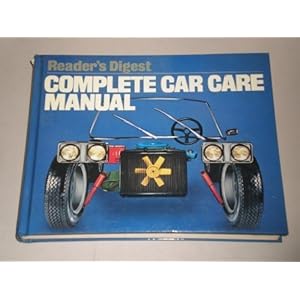“I’d like to learn more about the ideas of how a car works.”
Usedeconobox: bravo for this interest! Books and internet sites will serve you well. I’d like to suggest something else if you are lucky enough to have the opportunity, as a supplement to what you learn by reading. Develop some kind of relationship with a local mechanic, or someone who is retired from that work, or a serious amateur, who will appreciate your interest and will help explain things in real terms that might be a little puzzling from what you’ve read.
In the mid 80s, I needed a local mechanic when I was attending a music event in a town about 6 hours away from home, traveling in a battered old Chevy van. I had good tools with me, and modest experience, but didn’t know enough to troubleshoot the problem.
I chanced on a guy who ran a tiny little shop who did what I needed at the time (a carb rebuild), and was polite, uniquely personable, and generous with his answers to questions. A few years later I moved to that town, and have been a devoted customer of that mechanic for 20+ years, sending him new customers ever since. In that time, I’ve asked him questions which helped me diagnose some car problems so I could fix them myself and save money. He learned to know what I was capable of, and when he had lots of work he would basically insist I fix something myself because I could, rather than take my money. At times, I had to really pick his brain for steps in a process. Dave has a reflex to explain HOW a given thing works in a car, and can rely on experience to say that “in your car…it’s like this, and those cars usually have this problem or they rarely have that problem”, etc. In other words, he combines a bit of theory with real word experience to explain things in a useful, specific way. To paraphrase: tune-up: $110, brake job: $250… great advice: priceless.
A guy like that, if you could find the right one, would be a great supplement to your reading.
BTW, we’ve become friends, I’ve helped him out in a few odd cases where he needed an extra hand or when he was in a jam, and been glad to repay some of his kindness. I could never adequately repay him for all his help over the years, but that doesn’t stop me from trying, or from wanting to “pass it on”.
Good luck and have fun!
